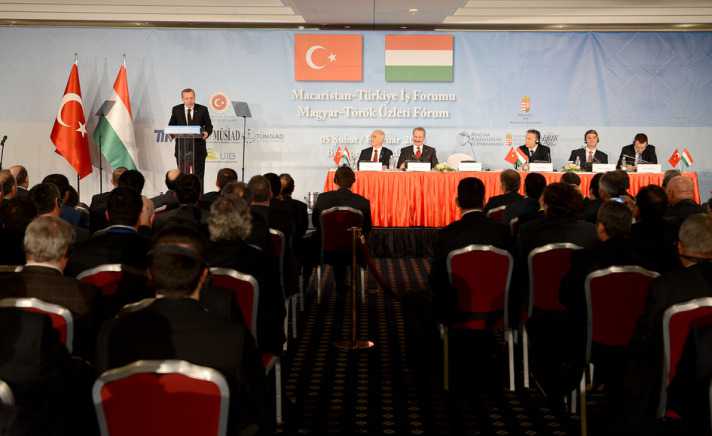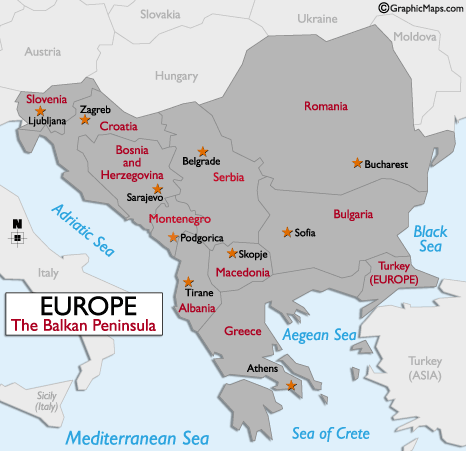EP politician says Erdogan’s criticism of EU ‘sad’

Influential European Parliament politician Alexander Graf Lambsdorff said it was “sad” to hear such complaints from Turkish PM
World Bulletin/News Desk
Responding to Prime Minister Recep Tayyip Erdoğan’s criticism of the EU during his Eastern European tour, influential European Parliament politician Alexander Graf Lambsdorff said it was “sad” to hear such complaints from Erdoğan.
Noting that Turkey has not made long-standing reforms in the past 50 years due to military interventions and still has problems with regard to human rights, one of the leading members of the European Parliament, Group of the Alliance of Liberals and Democrats for Europe Vice Chair Lambsdorff, said: “It is sad that Erdoğan criticizes the EU in this way. He knows very well that the past 50 years in Turkey have not seen continuous progress in terms of democracy. On the contrary, military coups, human rights problems and lack of political pluralism have remained serious impediments to real progress.”
The German politician made it clear that it is not the Justice and Development Party (AK Party) that is responsible for what has happened in recent decades to halt Turkey’s bid to join the EU. However, he underlined that the pace of reform under Erdoğan’s AK Party government has also slowed recently. “These are not the fault of the current government, obviously, but the AK Party’s reforms have slowed down so dramatically that Europe is the one expecting a move from Turkey today rather than the other way around,” he said.
Speaking on Turkey’s EU accession bid early in the week while on a trip to Central Europe, Erdoğan said that Ankara is determined to revive the country’s negotiation talks and that he will pay a visit to Brussels in the near future as part of this effort. He said there are “many things” to talk about with regard to the membership talks. He said it took less than a decade for the Czech Republic to become a member of the 27-member club but that Turkey has been waiting on the EU’s doorstep for more than 50 years. “Keeping Turkey busy at the door to the EU is unforgivable,” Erdoğan said. “Why are you making us wait for 54 years? … Even if the EU does not take us in, we want our cooperation to continue,” the prime minister said, adding that Turkey already has 5 million people living in the EU.
German Greens co-leader Cem Özdemir has also said that Turkey’s reconsideration of its EU membership bid despite some positive developments is quite surprising.
The prospect of a peacefully united Europe in the 21st century cannot be realized without Turkey, Özdemir said. Turkey is of great importance to Europe in overcoming its difficulties, he added, referring to the ongoing financial crisis in Europe.
“The fact that dissenting views have been expressed [about the EU bid] despite the conditions in favor of Turkey surprises me. I think no one should join those who stand against Turkey’s EU membership,” the politician said. He then promised to support Turkey’s EU bid if his party comes to power in Germany. He said Germany will be one of two countries to throw its support behind Turkey’s bid and indicated that Spain is the other.
Turkey began accession talks with the EU in 2005, but progress has been slow since then due to the Cyprus dispute as well as opposition to Turkey’s membership by some member countries, including France and Germany. Of the 35 chapters that must be successfully negotiated by any candidate country as a condition for membership, only 13 have been opened by Turkey; 17 have been blocked and four have not yet been opened — only one is provisionally closed, on science and research. No chapters have been opened since the end of the Spanish presidency in June 2010.
via EP politician says Erdogan’s criticism of EU ‘sad’ | Politics | World Bulletin.





